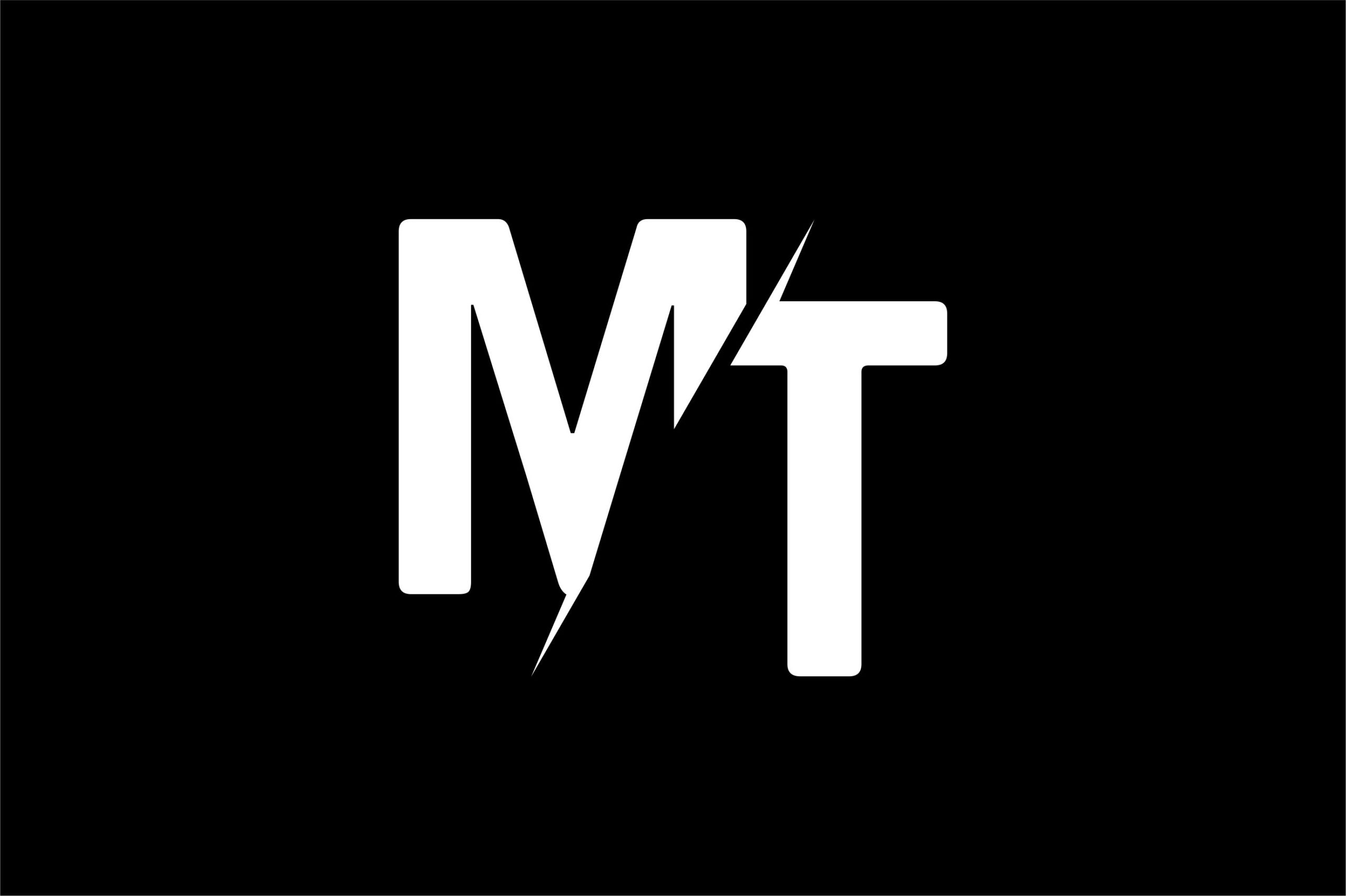Simply put, a share is a percentage of ownership in a firm that’s the easiest way to find out the Minimum amount to buy shares in Zambia. For some companies, shares exist as financial assets that guarantee an even distribution of residual income, if any, in the form of dividends. Shareholders who do not distribute dividends do not participate in profit sharing. Instead, they hope to participate in the growth of stock prices by increasing company profits.
READ: COST OF COMPREHENSIVE INSURANCE IN ZAMBIA
When incorporating a company, owners can issue common shares or preferred shares to investors. The company does issue shares to investors in return for capital used to develop and manage the company. Shares in a private entity or partnership are owned by the founders or shareholders of the company. As small firms expand, shares are sold to outside investors in the primary market.
Minimum amount to buy shares in Zambia
As the company continues to grow bigger, it inevitably seeks much-needed equity by selling its shares to the public in an initial public offering (IPO). After the IPO, the company’s shares will then be an open secret as they will trade publicly and be listed on the stock exchange that is, the Lusaka Stock Exchange LuSE.
READ: COMPREHENSIVE COVER IN INSURANCE
Types of Shares and Minimum amount to buy shares in Zambia
PREFERENCE SHARES
This type of share gives certain preferential rights in comparison to other types of shares. The main advantages of preferred shareholders include the following:
They are preferred first when it comes to paying dividends, that is, they are the first beneficiaries in sharing the company’s profit.
If the company is closed, preferred shareholders have the first right to payments.
The three subcategories of the preference shares are:
Cumulative preference shares
Cumulative shareholders are entitled to receive outstanding dividends before dividends are paid to every shareholder. For instance, if preferred share dividends for 2020 and 2021 were not paid due to a market downturn, preferred shareholders are entitled to them before they are given the dividends for the current one.
Non-cumulative preference shares
Non-cumulative shareholders cannot claim dividends in arrears. These shareholders only earn dividends if the company makes profits. However, no dividends are paid for previous years as is the case with preference shares.
Convertible Preferred Shares
These shares are convertible as a result, convertible shareholders can convert their preference shares into common shares over a period of time.
Equity Shares
Equity shares are also known as common shares. The majority of shares that the company issues are equity shares. You can trade this type of share on the secondary market or capital market. These shareholders reserve voting rights during company meetings. They are also entitled to dividends which the Board of Directors declares. Nevertheless, dividends on these shares are not fixed and as such, they can vary from year to year depending on the profits made by the company. Equity shareholders are second in line to receive dividends after preferred shareholders.
Differential Voting Rights
These are shares that are as ordinary as equity shares with the only difference being that they come with differential voting rights that equity shares do not have. The shareholders of these shares can have lower or higher voting rights during company meetings.
The reasons why some companies issue type of shares are:
- Preventing a hostile takeover of the company
- Prevention of bringing on board a passive investor without a vision to spur the company ahead.
- DVRs are usually attractive as they compensate investors with higher dividend rates.
- On stock exchanges, DVRs are traded just the same as equity shares although mostly, they trade at a discount.
How to buy shares
Companies listed on LuSE are public companies with shares traded on the stock exchange. When you appoint a proxy to purchase shares on your behalf, you will receive a notification stating:
Number of shares purchased
Cost of each share
Commission fees and
Total amount paid
After the shares are paid up, LuSE will send your personal data and your address and name will be included in the share register. You will receive periodic reports from your broker detailing the shares held in your account. You do not necessarily need to get proof of ownership, but you can apply for a share certificate at a cost. If you sell your shares, you must return the LuSE certificate, if you are in a position of one, along with the signed transfer.
The Minimum Amount to Buy Shares in Zambia
Minimum amount to buy shares in Zambia [Answer] For government sureties, the minimum amount for an individual to purchase shares is K1000 which is a minimum requirement in order to invest in government bills and treasury bonds, that is according to the Bank of Zambia.
As for other shares listed on the Lusaka Stock Exchange, however, the minimum amount is as low as K0.31 which is the amount to purchase shares in CEC Africa.
READ SIMILAR ARTICLE
- Nurses Salary In Zambia
- How Much Degree Holders Earn in Zambia
- How Much ar Police Officers Get Paid In Zambia?
- Public Health Salary in Zambia
- Medical Doctors Salary in Zambia
- 10 Paying Apps In Zambia To Make Money
- Online Jobs That Pay Through Mobile Money in Zambia
- Zambia Air Services Training Institute (Zasti) Fees
- Medical Doctors Salary in Zambia
- Public Health Salary in Zambia
- The Difference Between Auditing And Investigation
- How To Unlock Free-to-air Dstv Channels
- The Highest Dividend-paying Stocks In South Africa
- Zambia Air Services Training Institute (Zasti) Fees
- What Do Auditors Do On A Daily Basis?
- Does Amazon Accept Bitcoin?
- MS in Computer Science In UK, fees
- Entry-level Software Developer Salary South Africa
- Companies That Accept Cryptocurrency, Uk
- 10 Alternative Careers For Accountants
- Cost Of Nigerian Visa From The United Kingdom
- How To Unlock Free-to-air Dstv Channels
- The Difference Between Auditing And Investigation
- The Process Of Investigation In Auditing
- Monthly Salary Of An Accountant In The Philippines
- Similarities Between Accounting And Auditing
- Zambia Air Services Training Institute (Zasti) Fees
- African bank routing number
- UBA SWIFT Code Port Harcourt
- Access bank Nigeria Routing number
- Fidelity bank routing number in Nigeria
- SWIFT code for Diamond Access Bank Nigeria
- Zenith bank routing number in Nigeria
- Regions Bank Routing Number for Wires
- FNB Standard Bank South Africa Routing Number
- Routing Number For Pay Pal Botswana
- UBA SWIFT Code Port Harcourt
- Does Amazon Accept Bitcoin?










